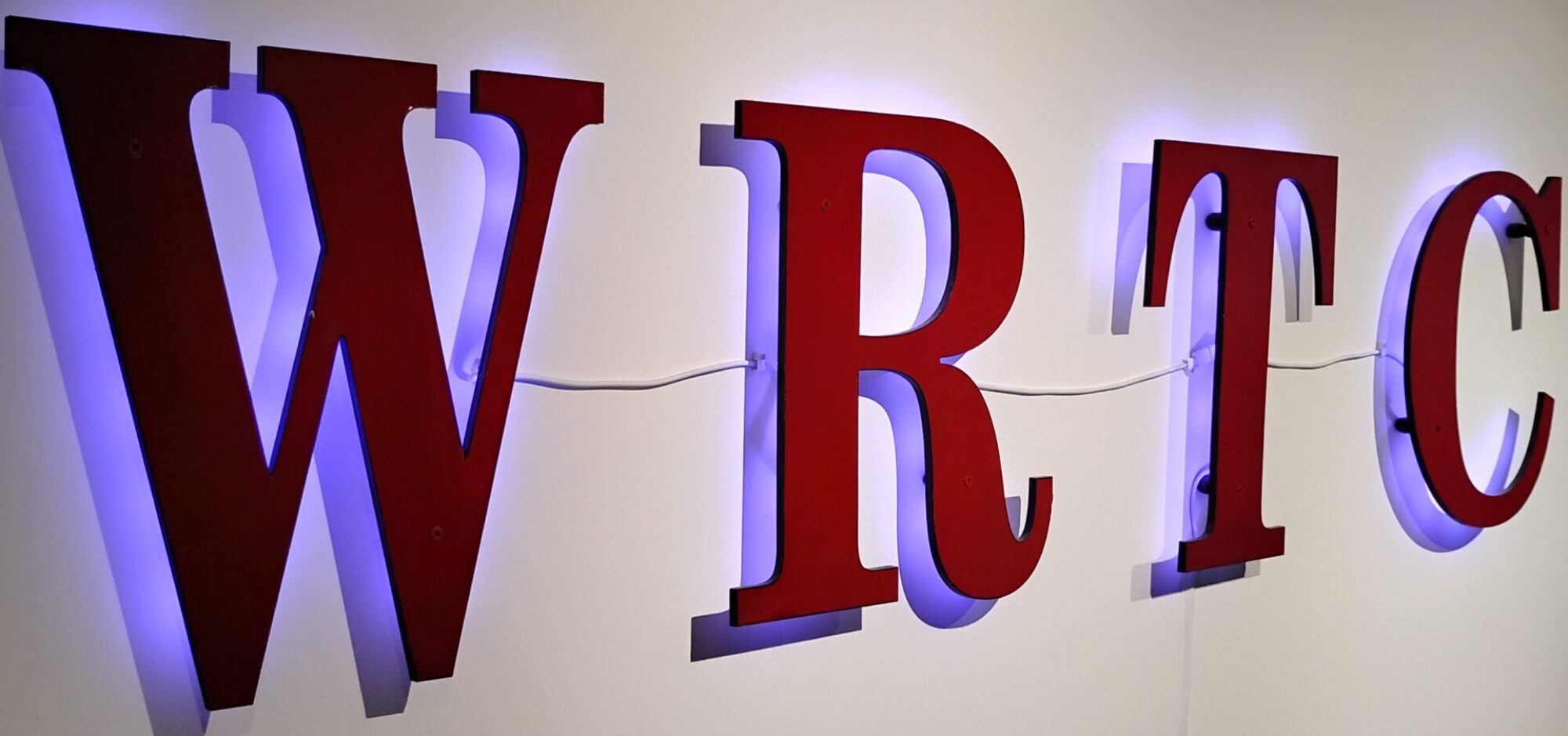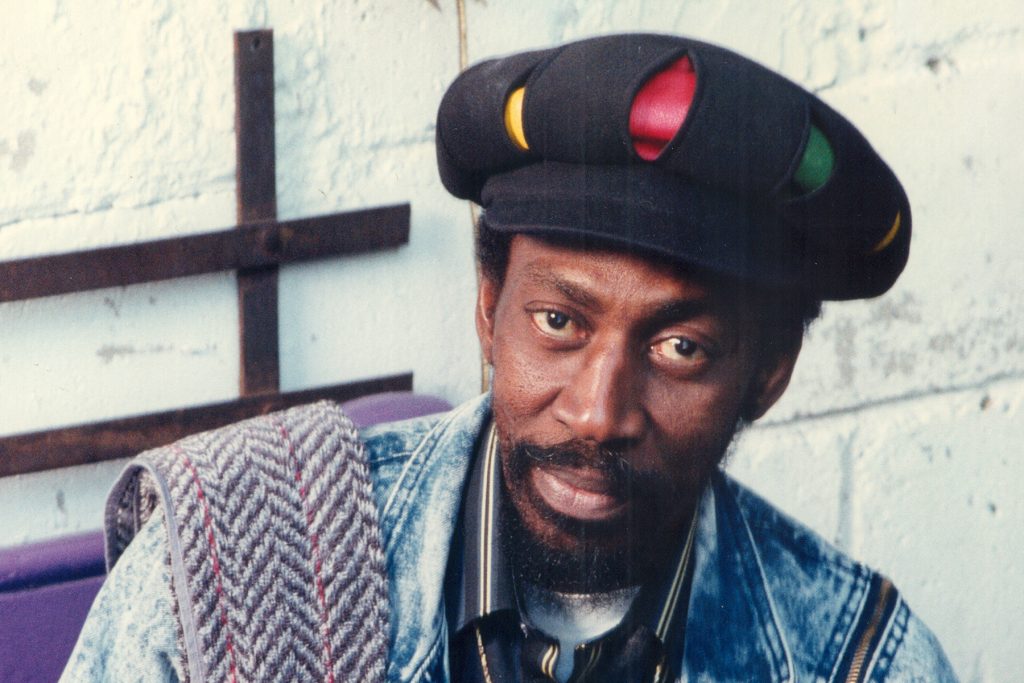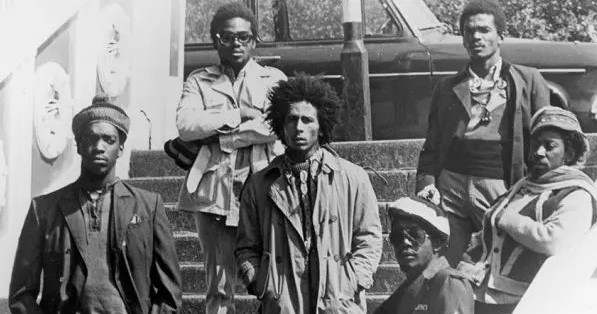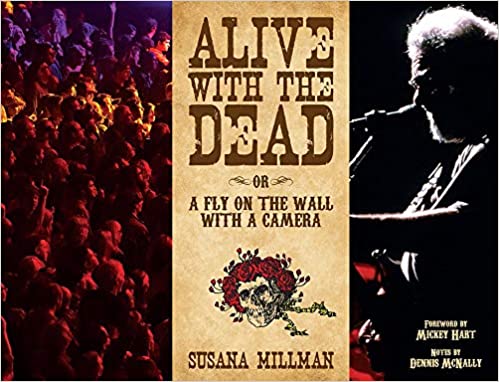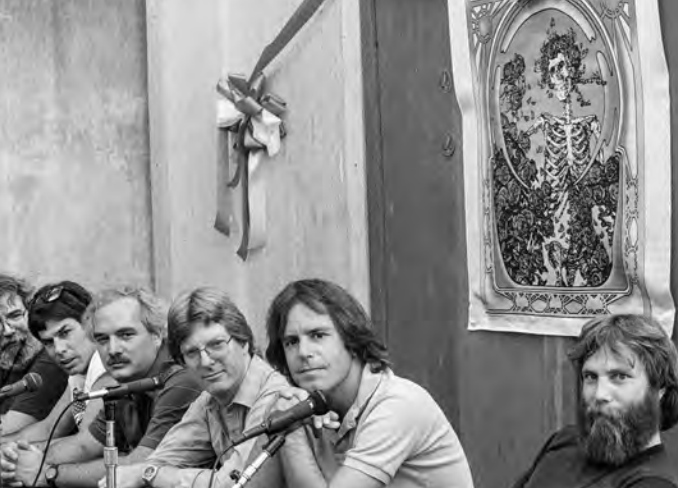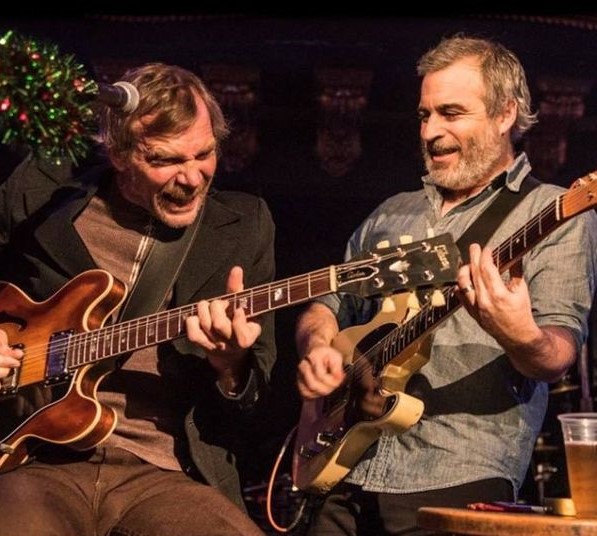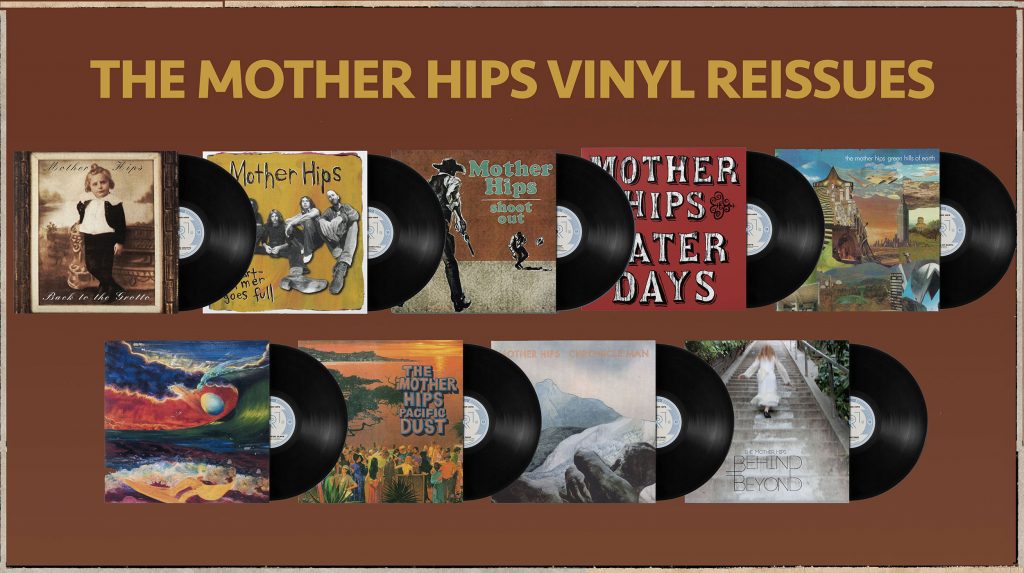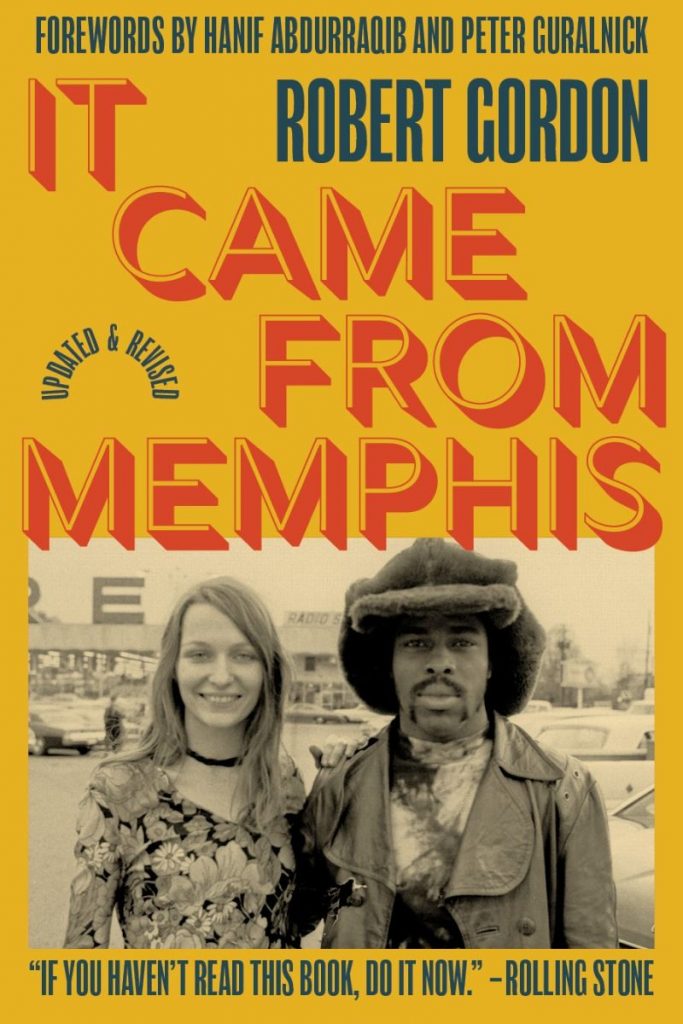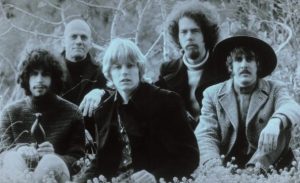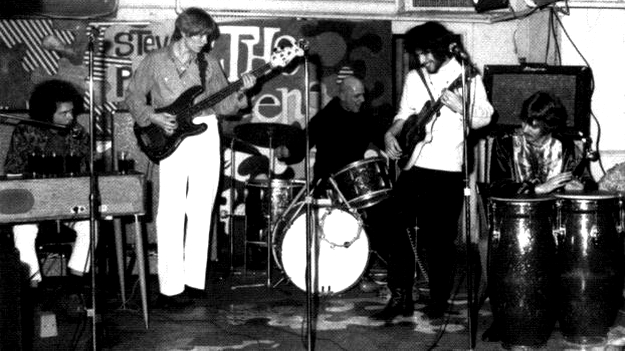Interviews with Selwyn Birchwood and Lauren Murphy were part of an all-blues special on the March 27 edition of Greasy Tracks.

Click here to check out an archive of the program, while a playlist is here.
In addition to a wide range of blues material that was featured during the show, tracks from the latest releases by Birchwood and Murphy — the fifth for each — were also included.
Oddly enough, each artist was due to put out their newest efforts last year, but due to the Covid-19 pandemic, had no real way to tour to support the latest material, so each held off putting them out until this year.
The Florida-based Birchwood, heavily influenced by Buddy Guy, Freddie King, Albert King and Muddy Waters, has been enjoying chart attention with his Living In A Burning House (Alligator Records) which was produced by Tom Hambridge. Hambridge won a pair of Grammy Awards for his work on Guy’s Skin Deep (2008) and Living Proof (2011).
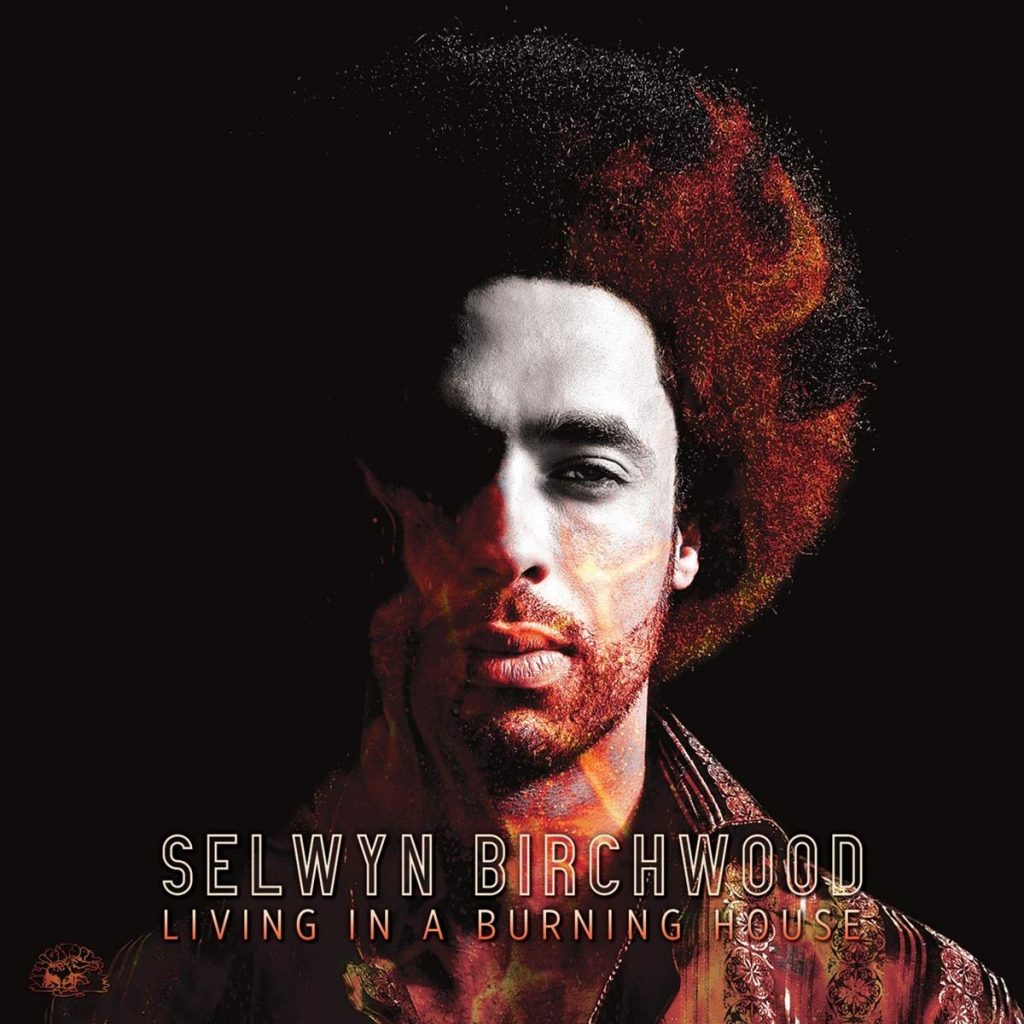
Known as a straight ahead blues guitarist, Birchwood’s latest offering has him bringing a soulful funkiness to his sound and at times adding lap steel to some tracks. As in past releases, his vocals remain as strong as ever.
A native of Baton Rouge, Murphy is a classically trained singer who opted to head west, initially playing in a folk duo — think Indigo Girls — before turning to a more rock-oriented sound. Her path eventually crossed with singer Judge Murphy who in 1991 had become the vocalist for the Marin, Calif.-based band Zero which was a primarily instrumental outfit, but had been working with Grateful Dead lyricist Robert Hunter.
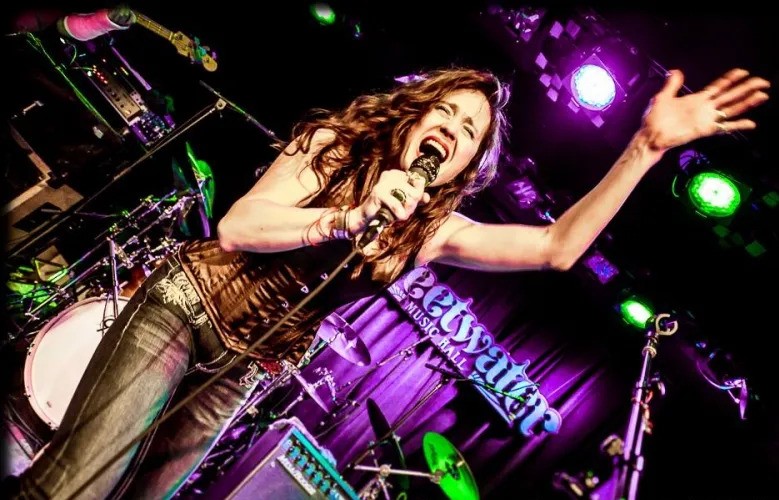
Before eventually marrying the band’s vocalist, Lauren Murphy would contribute harmony vocals on some sessions and occasionally join Zero on stage. When the band called time on being a working unit, the Murphy’s set out in a new direction with Lansdale Station which merged the musical backgrounds of each of the singers: Americana, southern rock/blues with the Bay Area psychedelic rock and rhythm and blues. After nearly a decade, Lansdale Station came to an end in 2013 following the passing of Judge Murphy. Two years later, Lauren Murphy would make the move to her present-day base of Alabama.
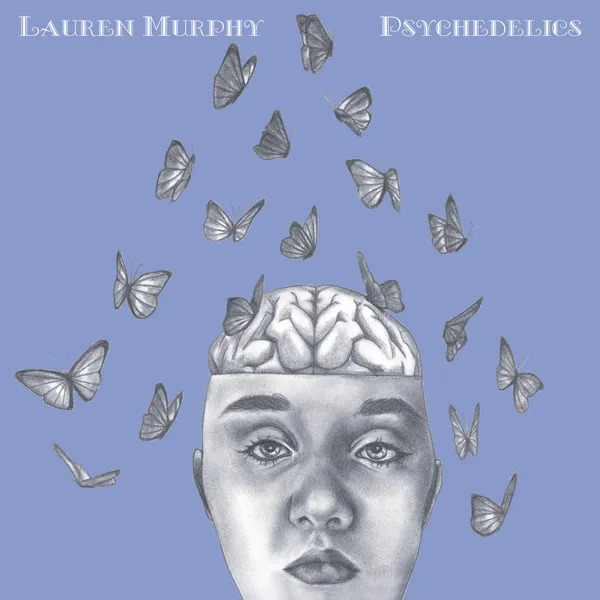
Often compared to such Bay Area legends Grace Slick and Janis Joplin, she brings a combination of power and passion as a singer and often adds guitar in the studio or while playing out with her current band, The Psychedelics. The band joined her at former San Francisco Giants pitcher Jake Peavy’s Dauphin Street Sound studio in Mobile, Ala., where she recorded her just-out Psychedelics which was co-produced by Mark Karan.
The album features five originals and three interesting covers: a pair of Robert Hunter-Greg Anton tracks, “End Of The World Blues” and “Catalina” which were part of Zero’s live sets for years and Darby Slick’s “Somebody To Love” befitting Murphy quite well given the oft-comparison to her and Slick’s once sister-in-law Grace.
